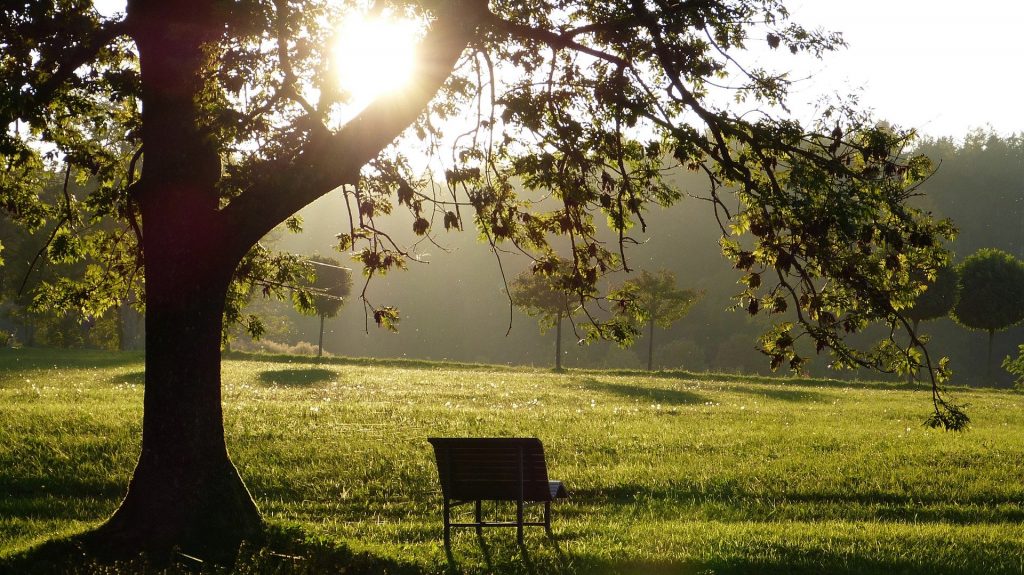Remember the moment when you watched a butterfly flying from flower to flower instead of scrolling your smartphone screen. Or when was the last time you touched the bark of a tree? And when, while walking through the forest, did you pay close attention to sounds, smells or the sun shining through the trees?
It’s probably a pleasant thought. Science confirms that when we are surrounded by nature, we feel better. However, life in cities and the digital age often means a significant limitation of contact with nature.
We spend a lot of time indoors, we have chronic stress, a sedentary lifestyle, noise and air pollution in cities, all of which contribute to health problems and psychological discomfort. At the same time, we are overloaded with information, pressure to perform and constant distraction through digital devices. Feelings of burnout and general exhaustion appear, which are a common problem nowadays.
How can mindfulness and nature help us?
Support for health and mental well-being
In Japan in the 80s. they came up with the idea of forest bathing, which in translation means “immersion in the atmosphere of the forest”. It was based on the idea that if people go to the forest for their health, they are more likely to protect the forests. The method offers space for perceiving nature with the involvement of the senses and being present in the given moment. Mindful time in the natural environment helps to slow down, relieve stress and improve mental well-being. Thanks to the science-based benefits for health and well-being, these wellness activities are spreading all over the world.
Environment and sustainabilty
At the same time, there is another aspect of connection with nature in relation to how we value it. Research has shown that if we are emotionally connected to nature, we have a greater tendency towards pro-environmental behavior. People who spent more time in the surrounding natural environment, traveled greener, recycled more and were more willing to engage in environmental volunteer activities. City dwellers need a positive interaction with nature to better understand and appreciate its value.

Nature and its fragments in cities are increasingly something that we use, consume, but pay little attention to. We have forgotten to perceive the value of nature and it usually escapes our attention. If we learn to be mindful and can integrate nature into everyday life even in cities, we can support people’s health and environmental protection.
Sources:
Kinver, M. (2020, January 15). Reconnecting with nature ‘triggers’ eco-actions. BBC News.
https://www.bbc.com/news/science-environment-51110546
Sherwood, H. (2019, June 8). Getting back to nature: How forest bathing can make us feel better. The Guardian.
https://www.theguardian.com/environment/2019/jun/08/forest-bathing-japanese-practice-in-west-wellbeing
Why Our Connection with Nature Matters. (2017, January 3). Psychreg (Richardson, M, University of Derby).
https://www.psychreg.org/connection-with-nature
Finding connections to nature in cities is key to healthy urban living. (2016, June 3). UW News (Ma, Michele).
https://www.washington.edu/news/2016/06/03/finding-connections-to-nature-in-cities-is-key-to-healthy-urban-living/
